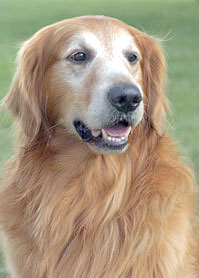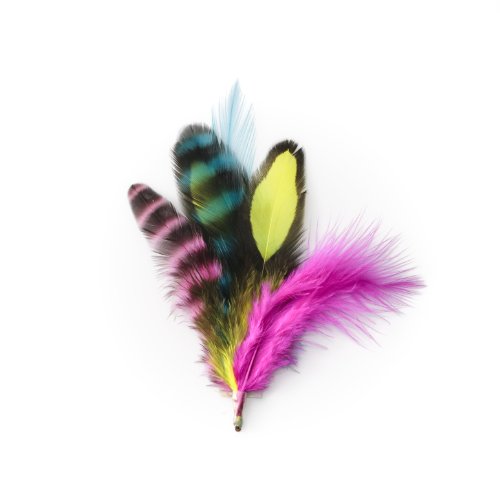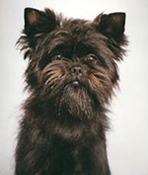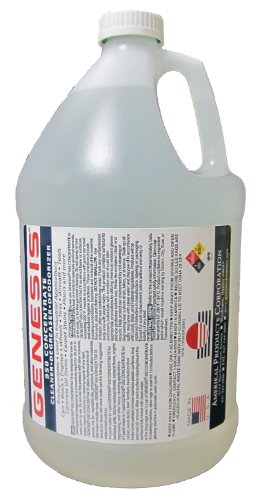Pugs, a toy dog breed, are known for their wrinkly face and for being small yet strong. The pug is the largest of the toy breeds and is loved by many for being quite outgoing.
The origin of Pugs is located in 700 BC China. They were designed to be companions for royalty and some members of the court. They were often spoiled, which is a trait many still have today. The Dutch smuggled some Pugs to Europe when they visited China for trading and they became popular in Europe as well. Coincidentally, they were also popular pets with the nobility in Europe, just like in China. Pugs today are sometimes used as hearing aid dogs and therapy dogs, but are usually just good companions to their owners.
Pugs are characterized by their flat, wrinkled face and curled tail. Their small body comes in four colors: black, gray, apricot, or fawn with black ears and face. The most common pug color is fawn, with apricot being the most rare. Pugs are usually about 10 or 11 inches tall and weigh from 14 to 18 pounds.
Instead of barking a lot, most Pugs stay noisy in various other ways. Pugs make a nasal noise like a grunt which gets louder when they become excited. Almost all snore and snort, especially if the Pug is overweight.
Pugs are sociable but also pretty stubborn. They are still a popular pet for their unique features and since they are easy to groom. Pugs like to act tough though, so families with small children who don't understand a Pug's nature may cause the Pug to become timid. They are alright with most kids and other animals though. Pugs enjoy lounging around, especially next to their owner. They do need and often enjoy exercise and owners must be careful since they can overheat easily due to their short noses.
Separation anxiety is a problem with some Pugs, as they often whine and bark when they are alone. They can be trained out of this, as they are quick learners and are quite intelligent, like most dogs are.
Due to their short noses and wrinkly faces, Pugs can develop breathing problems and get skin infections if their face is not kept clean. Since they have no skeletal brow, Pugs must be careful as their corneas can be punctured. Pugs also are prone to skin allergies, which should be treated immediately. Their wrinkly face may also lead to mouth and tooth issues. Owners must make sure Pugs' diets are healthy and that they get plenty of exercise as they are prone to overeating. Pugs tend to not be able to swim so owners should be careful when they around pools. 1% of Pugs also suffer from Pug Dog Encephalitis, which is a chronic form of granulomatous meningoencephalitis. It is believed to be hereditary, but unfortunately there is no cure or known cause for it. A Pug's life span is from 10 to 13 years, though if they are taken care of they can live up to 18 or so.
Pugs get along with other pets and love attention. They make great pets as they are good with children and guests, are playful and devoted and make good guard dogs.

 25 Heroic Dogs and How They Saved People
25 Heroic Dogs and How They Saved People
People hav
25 Heroic Dogs and How They Saved People
25 Heroic Dogs and How They Saved People
People hav
 Fashion For Dogs: Trends and Styles for the Chic Pooch
Is your pooch chic? Then youll need to keep up with the
Fashion For Dogs: Trends and Styles for the Chic Pooch
Is your pooch chic? Then youll need to keep up with the
 Dog Treats: Which Dog Treats Are Safe and Which Arent?
Dog Treats: Do You Know What’s Safe and What Isn&rsqu
Dog Treats: Which Dog Treats Are Safe and Which Arent?
Dog Treats: Do You Know What’s Safe and What Isn&rsqu
 English Springer Spaniels
Introduction And HistoryWhet
English Springer Spaniels
Introduction And HistoryWhet
 Puppy Potty Training Carpet Cleaning Tips
Potty Training A PuppyHow To
Puppy Potty Training Carpet Cleaning Tips
Potty Training A PuppyHow To